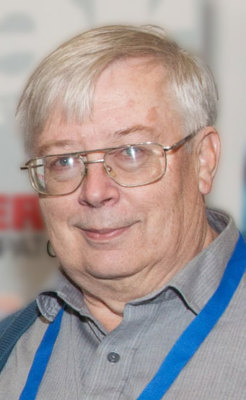When you work as an engineer for smaller companies you get to wear a lot of hats. Whether it was an emergency structural repair — snow causing a roof collapse right over a parked crane — or the owner’s latest idea for an invention — don’t ask — the company “engineer” is expected to have an answer. Once you get over the fear of total and complete failure, these unexpected challenges can be educational and fulfilling.
Our profession has not always been as specialized as it is today, so it was accepted that management expected this versatility. A steamship foundering mid-ocean couldn’t wait for an expert to helicopter in to fix a ballast pump or patch a hull leak.
In the same January 1912 issue of Industrial Engineering that published Percy C. Day’s article on herringbone gears, we find a paper by Sterling H. Bunnell on “Expense Burden: Its Incidence and Distribution.” Yes, in 1912 engineers were expected to be informed and involved in financial decisions as well as technical ones. To quote Mr. Bunnell:
“The engineer must now master the problems of financial operation, the principles of estimating correctly and providing for fixed charges, as well as operating expense, and all the other details of accounting required for the continued successful operation of the enterprise.”
Not exactly the cruise most of us signed up for! But keep in mind that the professional engineering exams place equal value on the “engineering economy” questions as they do on the stress analysis ones. More companies fail due to unsustainable overhead rates than due to product failures. Today’s complex world economy makes controlling production and development costs as important as being on the cutting edge of design.
Another point Mr. Bunnell makes is that not everything that can be done should be done. Management and your co-workers need your honest appraisal of whether a policy, practice, or investment is in the best interest of the company. Would Commander Montgomery Scott ever tell Captain James T. Kirk that something “wasn’t his job?” Certainly not, if the fate of his beloved Enterprise was at stake.
After all, while he wasn’t a miracle worker, he was an engineer. And that was usually enough.






